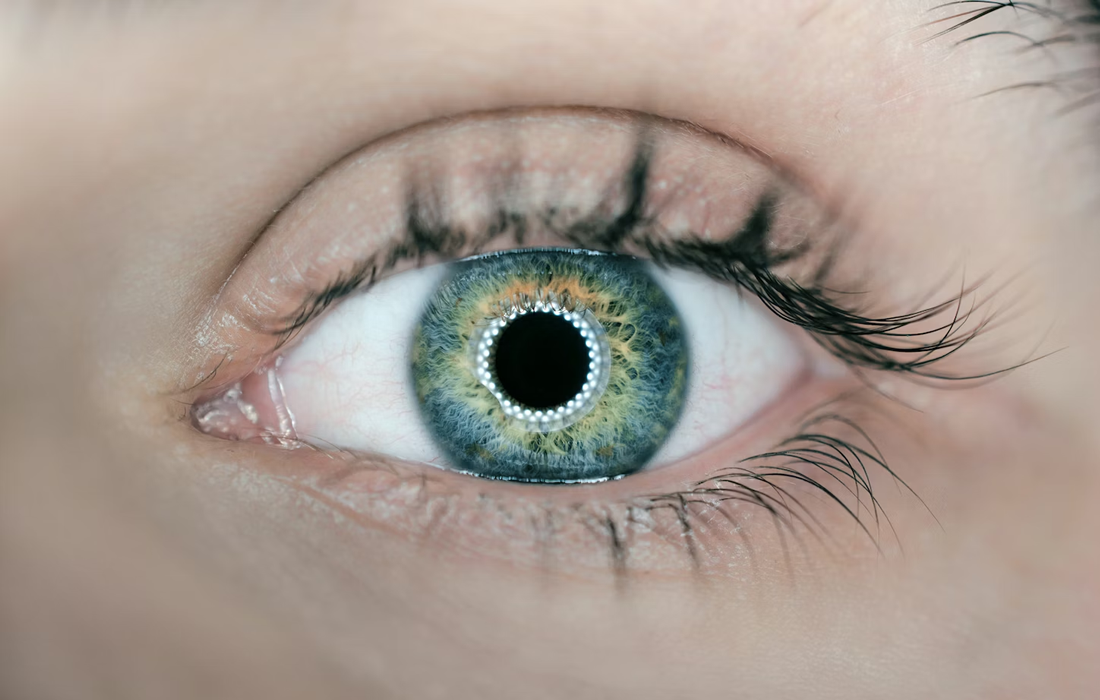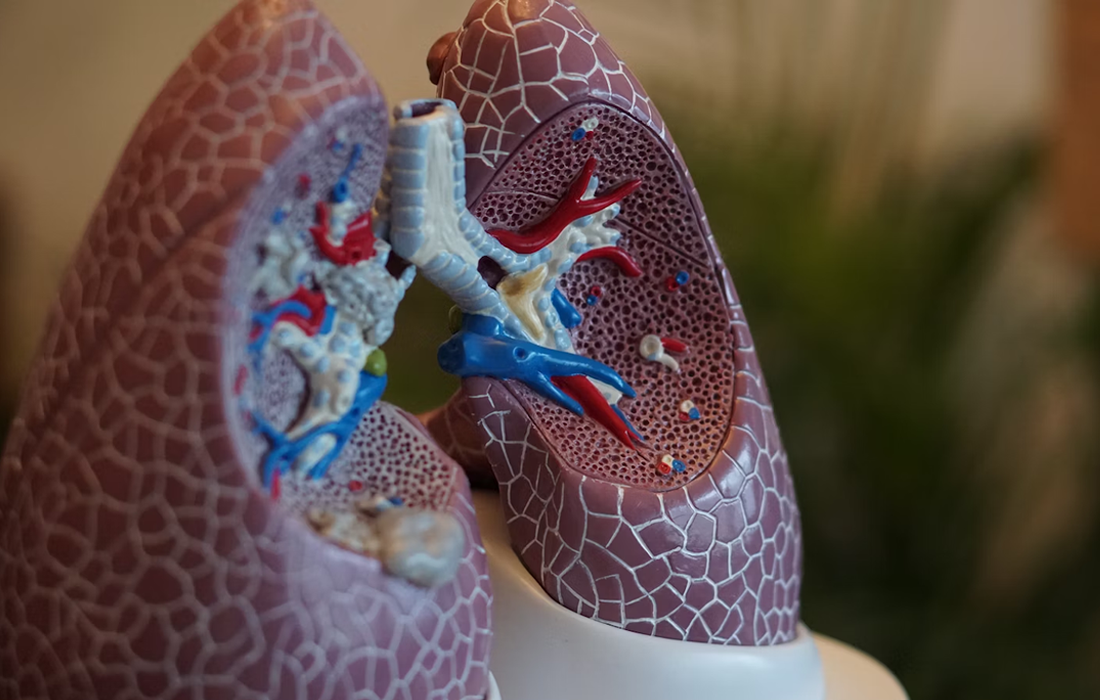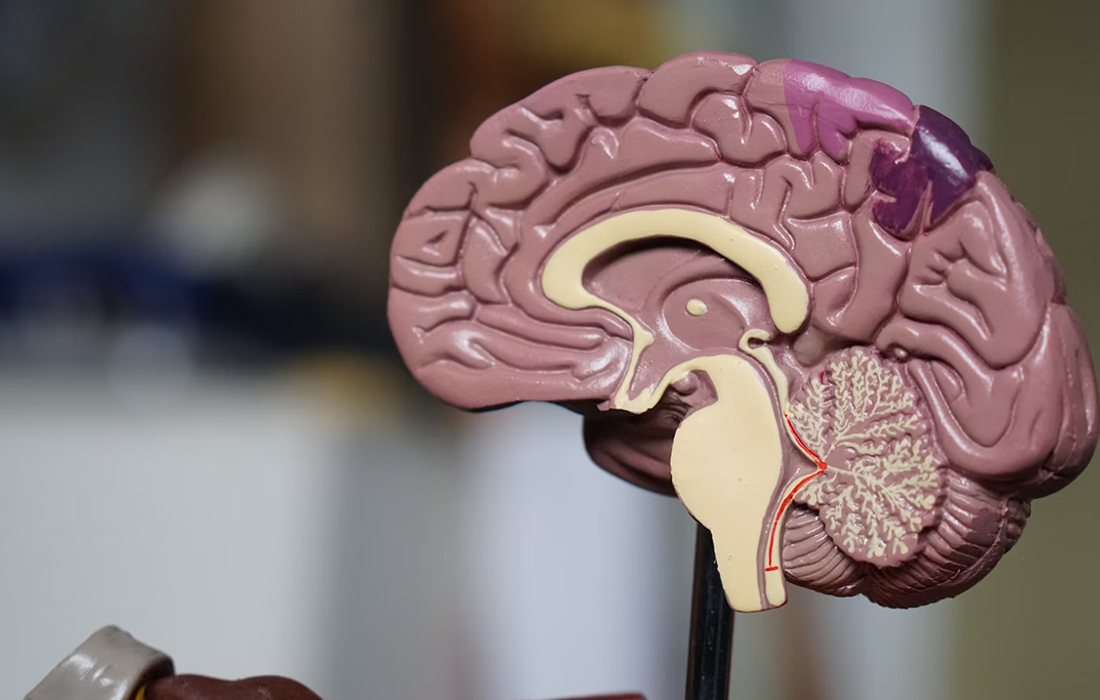Obsessive-compulsive disorder (OCD) is a neurological disorder characterized by repeated behaviors such as cleaning and checking despite clear objective evidence of cleanliness, orderliness, and correctness. Although the disease is often mischaracterized as a disorder of “fussiness,” the disorder actually stems from difficulty in processing uncertainty. However, the neural underpinnings of that aberrant processing remains unknown. […]
Author Archives: Karely Vega, MD
Pneumonia is an infection of the lung alveoli caused by bacteria, viruses or fungi. The microbial ecosystem (or microbiome) of the human respiratory tract colonizes different niches. Scientists from the Institut Pasteur and the CNRS have demonstrated that the microbiome composition, pathogen load and clinical interventions influence the severity of bacterial pneumonia caused by Legionella […]
New research from Rice University finds that antidepressants may actually reduce negative memories in individuals suffering from depression while improving overall memory function. The study, “Perceived antidepressant efficacy associated with reduced negative and enhanced neutral mnemonic discrimination,” appears in the latest edition of Frontiers in Human Neuroscience. It examines how antidepressant use in depressed individuals […]
Researchers who previously developed the first 3D human cell culture models of Alzheimer’s disease (AD) that displays two major hallmarks of the condition — the generation of amyloid beta deposits followed by tau tangles — have now used their model to investigate whether the exercise-induced muscle hormone irisin affects amyloid beta pathology. As reported in […]
A team of scientists from the University of California, Irvine, believe they have discovered a special antibody which may lead to a treatment for Retinitis Pigmentosa, a condition that causes loss of central vision, as well as night and color vision. The study, Structural basis for the allosteric modulation of rhodopsin by nanobody binding to […]
Groundbreaking research published today in Nature Genetics describes the largest-ever study into the genetics of random “round-the-clock” blood glucose levels. The study, involving almost half a million people of diverse backgrounds, describes new DNA variants influencing blood sugar levels measured “at random.” The team of researchers, led by Professor Inga Prokopenko at the University of […]
Researchers have discovered a new avenue of cell death in Alzheimer’s disease and vascular dementia. A new study, led by scientists at Oregon Health & Science University and published online in the journal Annals of Neurology, reveals for the first time that a form of cell death known as ferroptosis — caused by a buildup […]
The ketogenic (keto) diet may lower testosterone levels in women with polycystic ovary syndrome (PCOS), according to a new paper published in the Journal of the Endocrine Society. PCOS is the most common hormone disorder in women, affecting 7-10% of women of childbearing age. It can cause infertility and raises the risk of developing diabetes, […]
Not only does a lack of sleep make you feel awful, research has shown it impairs the brain. What’s more, sleep loss over long periods can even increase risk for Alzheimer’s and other neurological diseases. Researchers want to understand how sleep deprivation causes this harm. In a new study in ACS’ Journal of Proteome Research, […]
A study of twins shows that having a concussion early in life is tied to having lower scores on tests of thinking and memory skills decades later as well as having more rapid decline in those scores than twins who did not have a concussion, or traumatic brain injury (TBI). The study is published in […]










